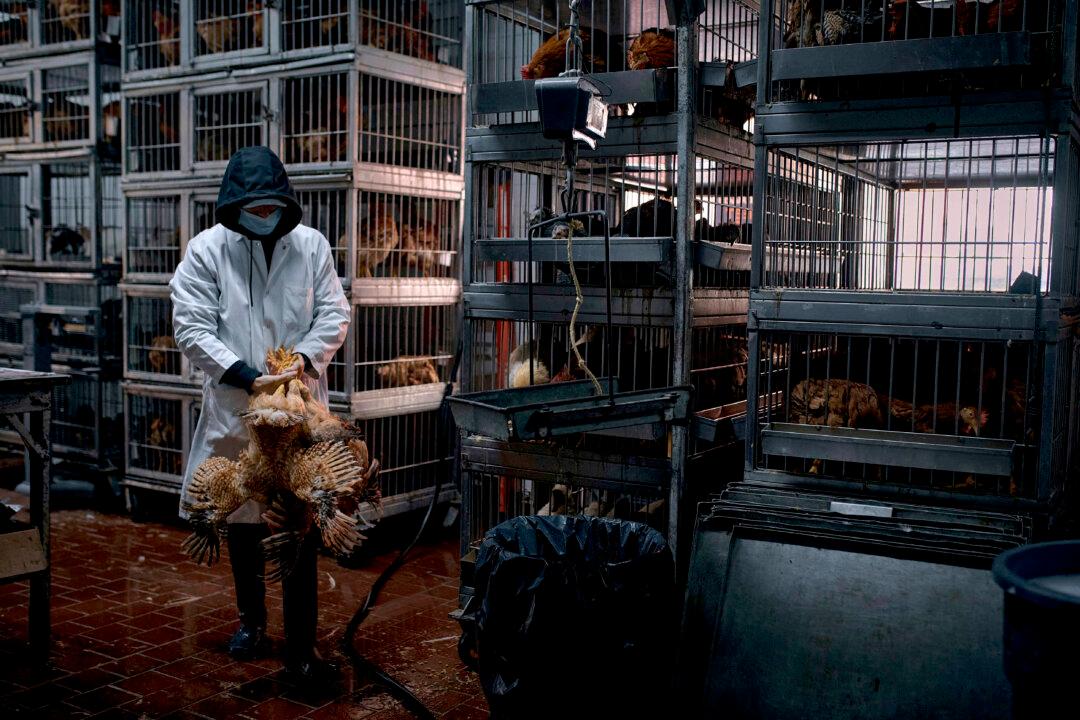Officials ordered the temporary closure of all live poultry markets in New York City and nearby areas on Feb. 7 after bird flu was discovered in seven locations. The move comes as part of a broader effort to contain the spread of the highly pathogenic avian influenza (HPAI) that has affected farms across the nation.
New York Gov. Kathy Hochul announced the closures on the morning of Feb. 7.





